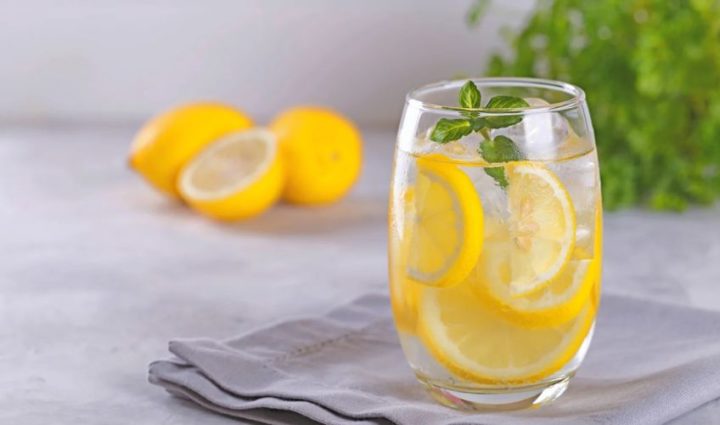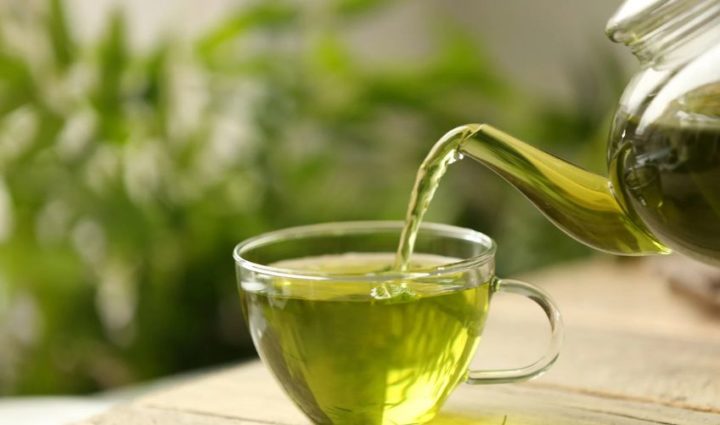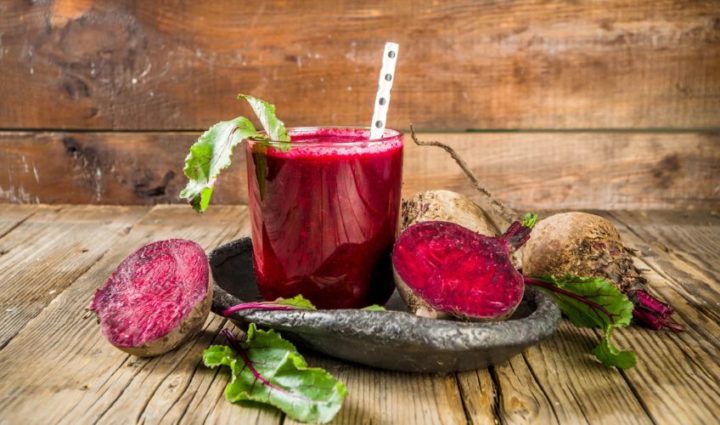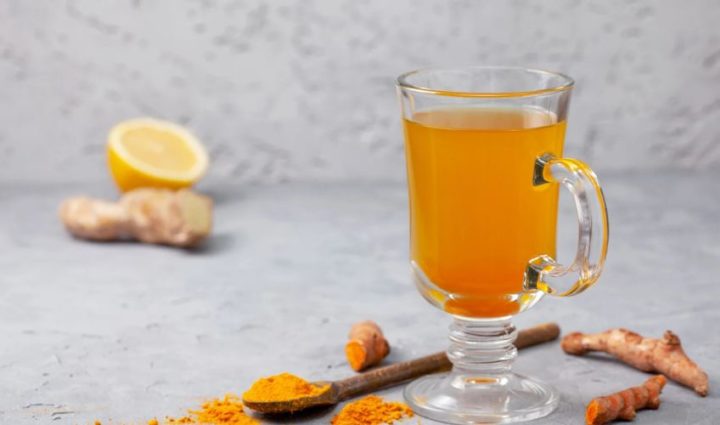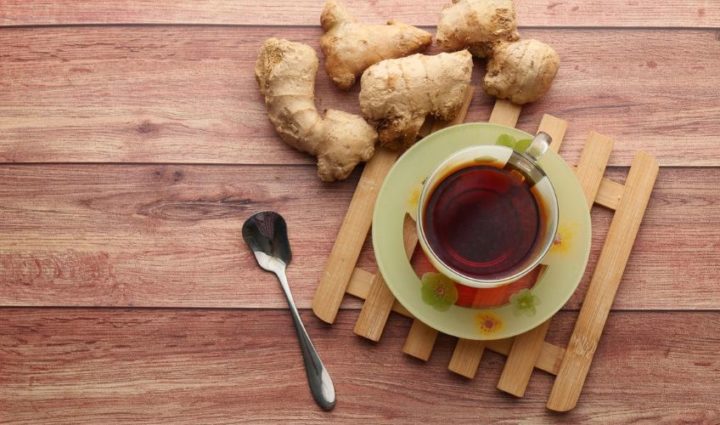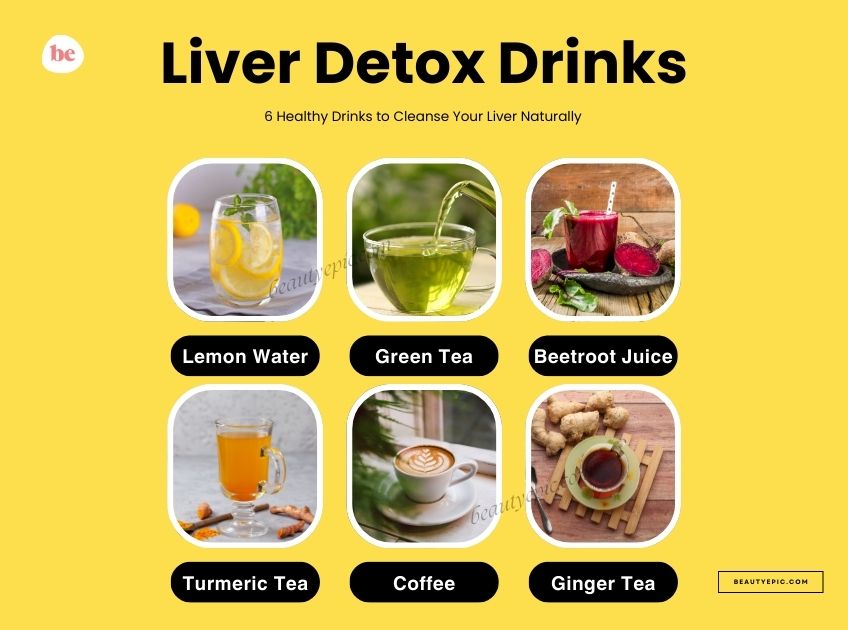
Important: This article is for informational purposes only. Please read our full disclaimer for more details.
Your liver is one of the hardest-working organs in your body — it filters toxins, metabolizes nutrients, and supports digestion. But unhealthy eating, alcohol, processed foods, and environmental pollutants can overburden the liver, making it less efficient over time. The good news? Certain natural drinks can support your liver’s detoxification process, improve its function, and promote overall health.
In this post, we’ll explore six scientifically backed drinks that can help cleanse your liver naturally and keep it functioning at its best.
1. Lemon Water – Your Morning Liver Detox
Starting your day with a glass of warm lemon water can kick-start your liver’s detox pathways. Lemons are rich in vitamin C and antioxidants that help neutralize toxins and stimulate bile production, aiding digestion.
How to Make It
- Squeeze half a lemon into a glass of warm water.
- Drink it on an empty stomach every morning.
🔍 Scientific Insight: According to a study published in the Journal of Clinical Biochemistry and Nutrition, citrus flavonoids in lemons have hepatoprotective properties, meaning they help protect liver cells from damage (1)(2).
2. Green Tea – The Antioxidant Powerhouse
Green tea is loaded with catechins, potent antioxidants that reduce liver inflammation, burn fat, and improve enzyme levels. It’s especially helpful in preventing non-alcoholic fatty liver disease (NAFLD).
How to Make It
- Brew 1–2 cups of fresh green tea daily.
- Avoid adding sugar to maximize benefits.
🔍 Scientific Insight: A meta-analysis in the International Journal of Molecular Sciences found that regular green tea consumption significantly reduces liver fat and improves overall liver health (3).
3. Beetroot Juice – Nature’s Liver Cleanser
Beetroot juice is rich in betalains and nitrates, which support detoxification enzymes and protect the liver from oxidative stress. It also improves blood flow, ensuring efficient toxin removal.
How to Make It
- Blend 1 medium beetroot with water or a carrot for a natural detox drink.
- Drink it 3-4 times a week for the best results.
🔍 Scientific Insight: Research published in the Nutrition Journal shows that beetroot supplementation significantly improves liver function markers and reduces inflammation (4).
4. Turmeric Tea – The Golden Healer
Turmeric contains curcumin, a bioactive compound known for its anti-inflammatory and antioxidant properties. It enhances the production of bile, which helps the liver break down toxins and fats efficiently.
How to Make It
- Boil 1 cup of water and add ½ teaspoon of turmeric powder.
- Add a pinch of black pepper to boost curcumin absorption.
- Sweeten lightly with honey if desired.
🔍 Scientific Insight: A 2017 study published in the Journal of Food Science found that curcumin supplementation improved liver enzyme levels and reduced fat accumulation in patients with liver disorders (5).
5. Ginger Tea – A Natural Detox Booster
Ginger is known for its anti-inflammatory and digestive benefits, but it also plays a key role in liver cleansing. It improves blood circulation, reduces oxidative stress, and helps the liver function optimally.
How to Make It
- Boil 1 teaspoon of freshly grated ginger in a cup of water.
- Strain, add honey or lemon, and drink once daily.
🔍 Scientific Insight: A study in the World Journal of Gastroenterology reported that ginger extracts help reduce liver inflammation and improve antioxidant defenses, especially in people with liver-related conditions (6).
6. Coffee – The Surprising Liver Protector
Yes, your morning coffee can actually benefit your liver when consumed in moderation! Coffee contains caffeine and antioxidants that protect the liver from damage and reduce the risk of chronic liver diseases.
How to Make It
- Stick to 1–2 cups of black coffee daily.
- Avoid excess sugar and cream for maximum benefits.
🔍 Scientific Insight: A large-scale study in the Journal of Hepatology revealed that regular coffee drinkers had a lower risk of liver fibrosis, cirrhosis, and liver cancer (7).
Frequently Asked Questions (FAQ’S)
1. How long does it take for these drinks to detox the liver?
A. It depends on your overall lifestyle and liver health. Consistently consuming these drinks along with a balanced diet can improve liver function within 4–6 weeks.
2. Can I combine these drinks for faster liver cleansing?
A. Yes, you can alternate between them. For example, lemon water in the morning, green tea midday, and turmeric or ginger tea in the evening for a well-rounded detox routine.
3. Are there any risks in over-consuming detox drinks?
A. Yes. Overdoing certain drinks like green tea or coffee can lead to side effects. Moderation is key — 1-2 servings daily is generally safe for most people.
Your liver works tirelessly to keep your body healthy, and these six powerful drinks can support its natural detoxification process. From lemon water and green tea to beetroot juice and turmeric tea, incorporating these beverages into your daily routine can reduce inflammation, improve liver enzyme levels, and enhance overall health.
